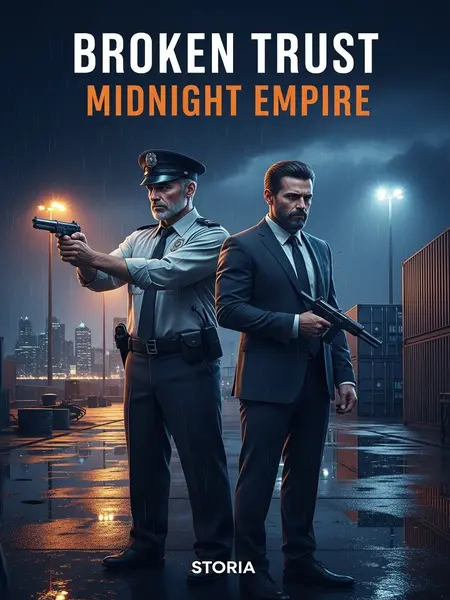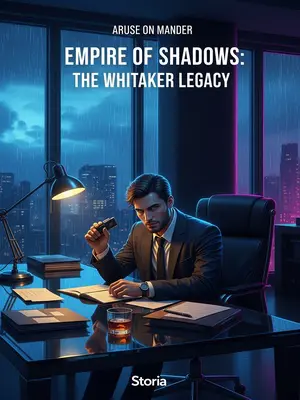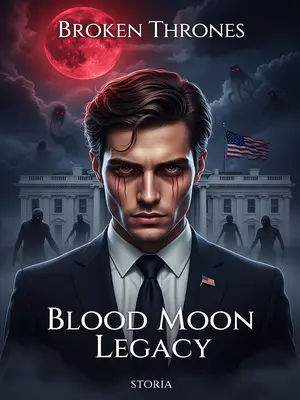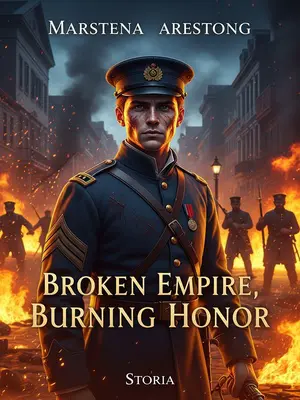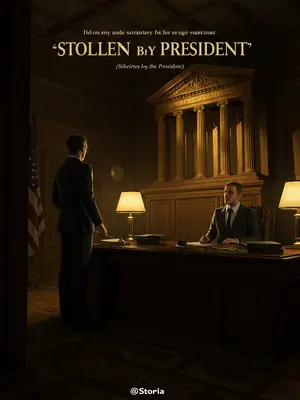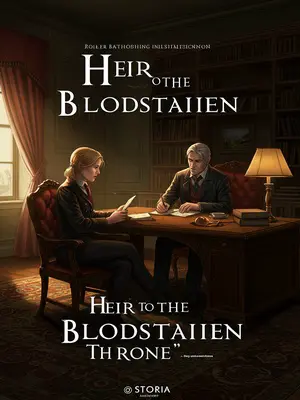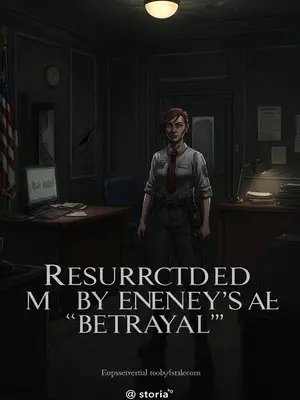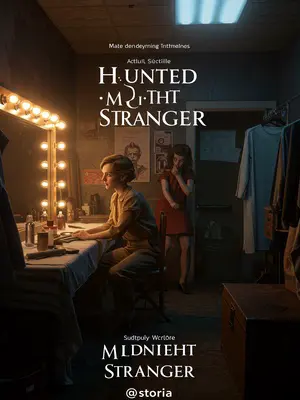Chapter 5: Close Calls and Coded Signals
Because there wasn’t enough product, Ohio instructed Autumn Evans to continue production as before. In addition to the previous 3,300 pounds, another 900 pounds was produced over five days. When “Mr. Sam” learned of this, he sent Charles Choi to Ohio to coordinate production and shipping with Autumn Evans.
The next few days were a blur of phone calls, spreadsheets, and late-night stakeouts. We monitored every shipment, every email, every coded message. The whole team was running on caffeine and nerves. I started dreaming in case files.
The case entered its most difficult phase. Although Ohio colleagues had Charles Choi under full technical surveillance, there was no new information—just routine production. My colleagues and I grew more anxious, as did the leaders, waiting for updates at the nightly briefings. But after ten days—twenty-five days in total—there was still no news, and our time was running out. I started to worry we’d miss our window.
Every night, we’d gather in the cramped briefing room, the air thick with tension. I’d watch the clock, counting down the days, hoping for a break. The silence was starting to wear on all of us.
On the twenty-sixth day, we finally got a breakthrough. Charles Choi, now familiar with Autumn Evans and the workers, got drunk at dinner and revealed their “new technology.” After the last inspection, and especially the “close call” with the previous shipment, “Mr. Sam” and his group decided not to use hidden compartments anymore. Instead, they planned to dissolve the piperonyl methyl ketone in alcohol, mix it with Freon, and export it disguised as Freon. He boasted that “Mr. Sam” had come up with this after years of experience. Drunk, Charles Choi even said they’d stop shipping by sea and switch to overland transport to Cambodia.
I grinned when the news came in—sometimes, all it takes is a few too many drinks and a little loose talk. We’d been handed a gift, and we weren’t about to waste it.
That night, Director Little briefed us, and we realized “Mr. Sam” was truly cunning. According to what we knew, overland routes to Cambodia were easier than shipping through our port. The U.S. is a major exporter of such industrial products, and we really do export a lot of bottled compressed Freon. Once compressed, these are all liquids and almost impossible to inspect. If no one had gotten drunk and spilled the secret, we’d never have guessed their new smuggling method.
The realization hit us all at once—this was next-level stuff. I made a note to buy Charles Choi a drink if I ever saw him again, just for making our job a little easier.
So, with the help of the local police department, we checked all the nearby Freon canning plants. Sure enough, a chemical company in our city had been contacted by a friend to custom-produce compressed Freon, with a request to add a certain fragrance to each bottle, fill each to three-quarters, and at a high price, with specialists coming to supervise filling. For profit, they agreed.
The plant manager was nervous, but helpful. He walked us through the facility, pointing out the special orders and the unfamiliar faces who’d come in late at night. The pieces were falling into place. I could feel the anticipation building.
That day, Chief Foster and I went to the factory. Chief Foster asked, “What’s the name of the person who came to supervise?”
The boss said, “They came two or three times, always two people. One guy always came—wore glasses, seemed gentle. One night, I heard someone call him ‘Mr. Sam’ on the phone.” At that moment, I felt like everything suddenly made sense.
A chill ran down my spine. I jotted down every detail, feeling the thrill of the chase.
We immediately reported this to the task force, then worked with local police to find this person’s entry and travel records. Two days later, on the twenty-eighth day, we finally learned the real name of “Mr. Sam”—Samuel Ruan, forty-six years old, Vietnamese national, but often living in Hong Kong, where he ran a small daily chemical trading company. He visited the U.S. often, but mostly near the border.
We finally had a name, a face, a paper trail. The sense of relief was real, but so was the knowledge that the hardest part was still ahead.
With this information, we finally relaxed, but to bring him to justice in the U.S. and catch all his key associates, we needed patience. According to the task force, Autumn Evans had finished producing 5,500 pounds. “Mr. Sam” continued to monitor progress, but always claimed to be too busy to meet, telling her to finish the shipment first.
Every day, I checked the case file, waiting for the signal that it was go time. I had a feeling it wouldn’t be long. The anticipation was killing me.
Finally, on the thirtieth day, 5,500 pounds of piperonyl methyl ketone was dissolved in ethanol solution—some of the ethanol was deliberately diluted and hard to dissolve, as we’d instructed Autumn Evans. The solution was shipped as liquid chemicals from Ohio to a freight yard in our state capital, arranged by Charles Choi. Even Autumn Evans didn’t know where it was sent. We didn’t know the yard’s connection to them, so we didn’t act. However, through surveillance of Charles Choi’s communications and Autumn Evans’s work, the task force identified many members of their gang. In our Southwest border region, two people were also assisting them.
The operation was like a chess game now—one move at a time, careful not to tip our hand. We watched and waited, our patience stretched to the limit.
After shipping, Autumn Evans and Charles Choi flew to our state capital. On the thirty-second day, the truck arrived late at night. Colleagues monitoring Charles Choi saw him go alone to the yard. The yard was too big for us to control, and “Mr. Sam” was probably still abroad, so we kept a low profile. Other colleagues said the goods were loaded onto two small box trucks at different times and taken to the canning plant.
It was a logistical ballet—trucks weaving in and out of the yard, drivers swapping paperwork, all under the watchful eye of our surveillance team. Every move was documented, every license plate recorded.
As required, Chief Foster and I immediately contacted the Freon plant boss, still under our watch, and urged him to finish canning quickly, but with some technical issues—as we’d arranged with Autumn Evans. Some ethanol solution was indeed impure. On the thirty-third day, the plant told Charles Choi that most had been canned, but one-fifth needed more time due to solution problems. Charles Choi told the boss to load the finished goods, then had Autumn Evans contact the freight forwarder to arrange shipping.
The tension was mounting—deadlines looming, tempers fraying. I could feel the stress in every phone call, every hurried text message.
At the same time, we had Autumn Evans contact “Mr. Sam.” My colleagues and I listened to her monitored call: “You made me come all the way to the border again, and things still aren’t sorted. I won’t do business with you anymore!”
Her voice was sharper this time, her patience clearly wearing thin. It was a delicate dance—just enough frustration to push him, but not enough to scare him off.
“Mr. Sam” tried to placate her, but through surveillance of Charles Choi’s place, we found that “Mr. Sam” also called him, blaming him for the problems, while Charles Choi argued he knew nothing about canning Freon.
It was almost comical, listening to the blame game unfold in real time. But we stayed focused, documenting every word.
After two more days, the finished Freon bottles passed inspection and were ready for shipment. We told Autumn Evans to wait and have her contact “Mr. Sam.” After repeated threats from Autumn Evans that she’d refuse to cooperate if problems continued, and with technical issues on the remaining fifth unresolved, “Mr. Sam” confirmed with Charles Choi what had happened and told Autumn Evans he’d send someone to fix the technical problem and meet her afterward.
We were all relieved, as “Mr. Sam” said he would meet—though it could still be a trick. But we had to plan as if the meeting was set. Director Little had Chief Bryan contact her while she was eating alone, telling her to try to get “Mr. Sam” to check the goods in person. With technical surveillance in place, we now had a good handle on the gang and could safely let Autumn Evans use invisible earpieces and microphones.
We double-checked every piece of equipment, rehearsed the plan, and made sure everyone knew their role. The mood was tense, but hopeful—this was our shot.
